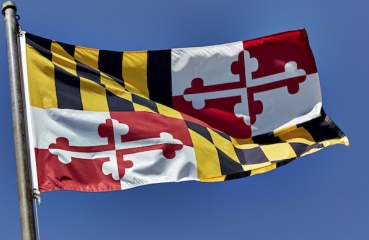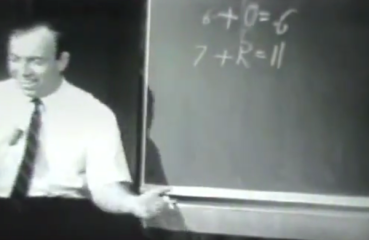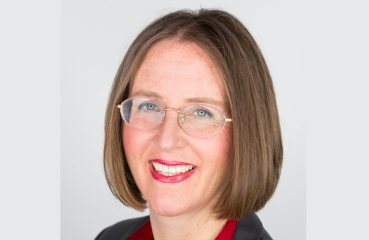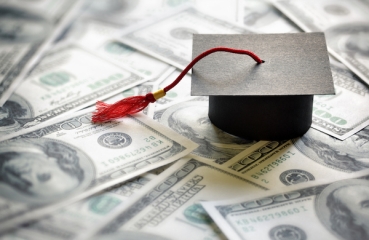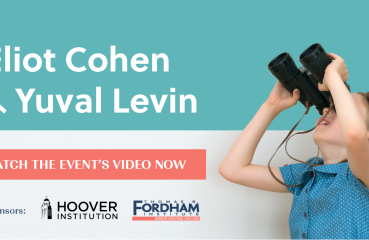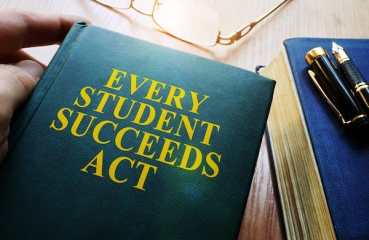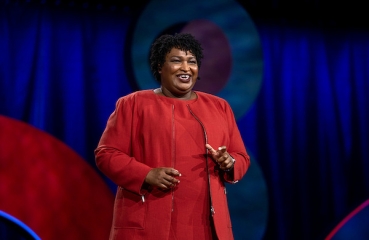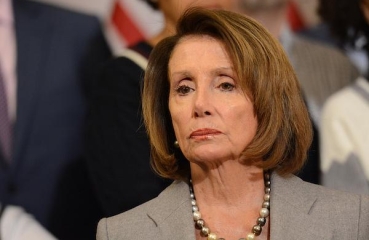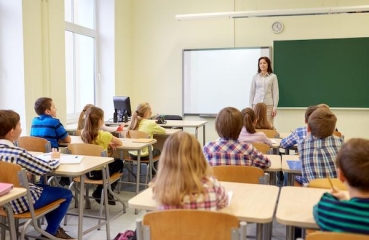When I visit classrooms with the principals I coach in urban, suburban, and private schools, it’s obvious how hard most teachers are working, how much care they put into setting up their classrooms, and how much gumption it takes to work with young people six hours a day. I see lots of effective teaching—practices that one might rate as level 3 or 4 on a four-point rating scale—and very little that’s horrible, or level 1. But I do see a fair amount of mediocre, level 2 practices—for example, teachers giving out low-rigor, fill-in-the-blanks worksheets, calling only on students who raise their hands, or failing to answer kids’ unspoken question, “Why are we learning this?”



